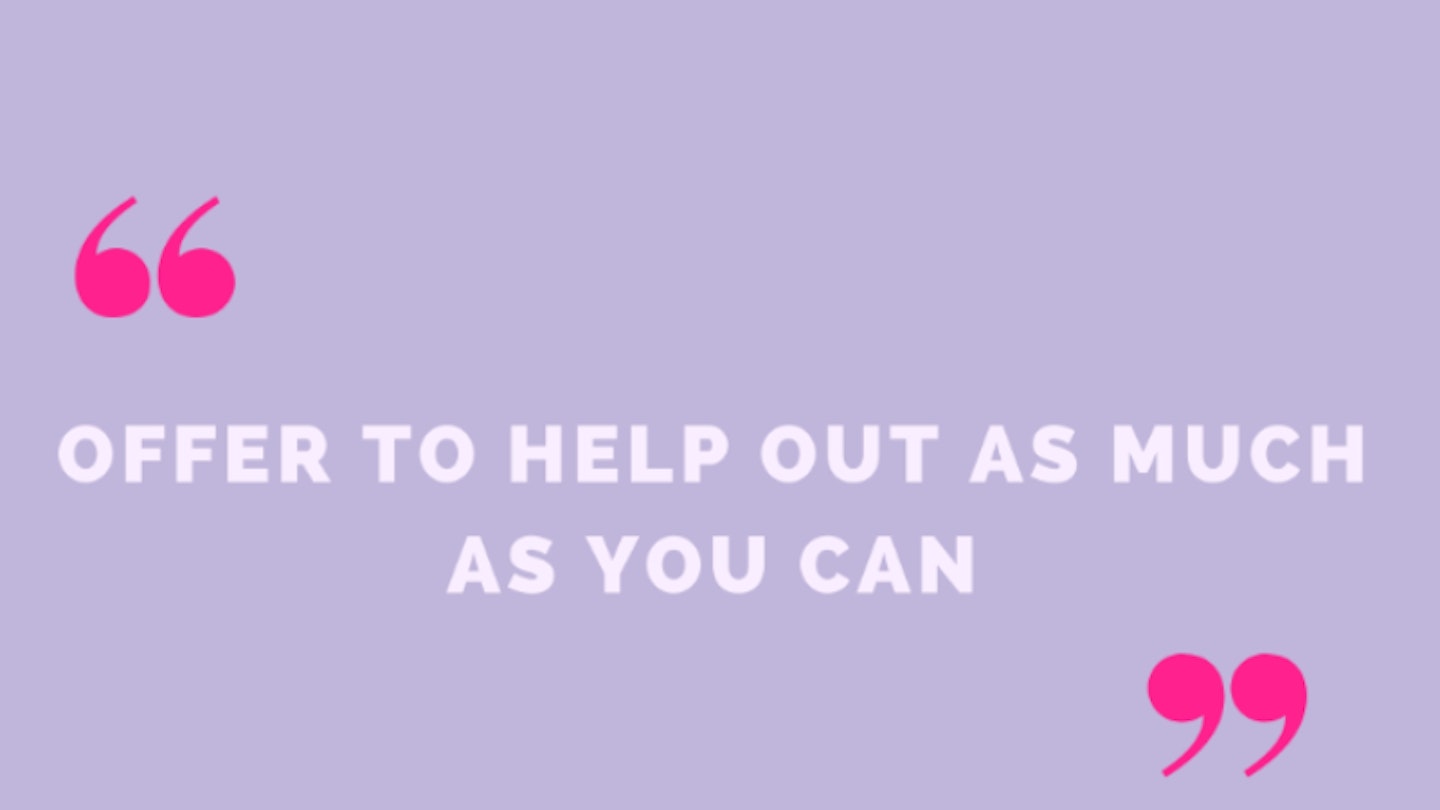After so many promises to your new-mum friend that the pain and discomfort would be worth it, you can’t help but notice that the overwhelming pressure to be excited and happy after having a baby might be having a great impact on her mental health.
Postnatal depression affects more than 1 in 10 women, and whilst seeing your friend in any sort of pain is terrible, watching them go through this whilst they’re meant to be experiencing one of the most amazing times of their lives is heartbreaking.
Nurse Dulcie Collins experienced postnatal depression with her second child and felt that many of her friends "didn’t mention it, or felt uncomfortable to talk about it", but often wishes they would as an acknowledgment that it is real.
If you’re trying your best not to be that person and want to give all the encouragement you can, here are a few ways to help support your new-mummy friend.
post-natal
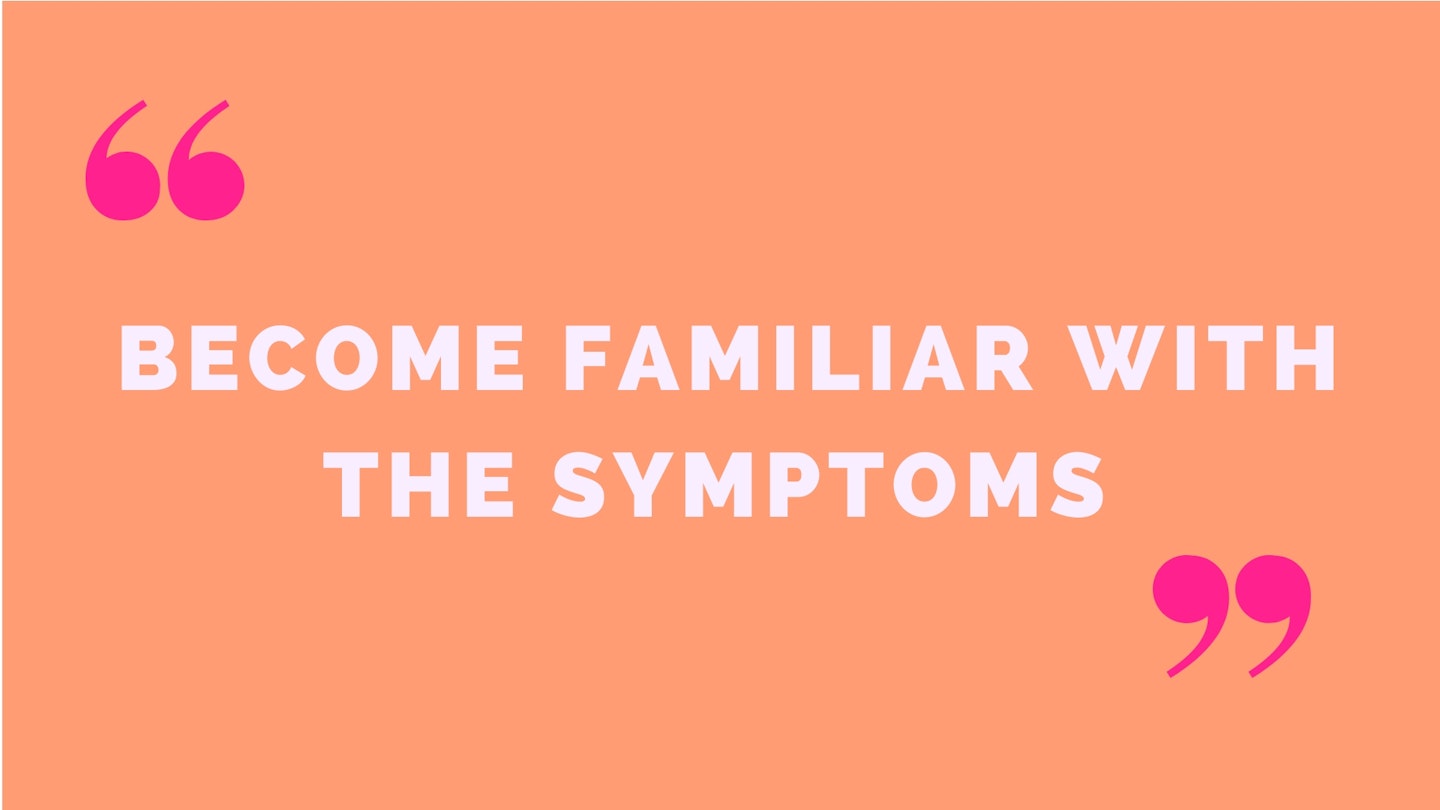 1 of 8
1 of 81) Become familiar with the symptoms
Whilst you may not be able to empathise and know exactly what to say, take some time to be familiar with the symptoms so you can be prepared with how to react and support.
With her personal experience, Dulcie Collins said she had negative language in relation to the baby, such as: "I think she hates me" when referencing to her daughter.
Dulcie also said that other signs to spot are stillness in the face, the inability to engage with anyone, or the opposite, being overly outgoing and more than eager to please.
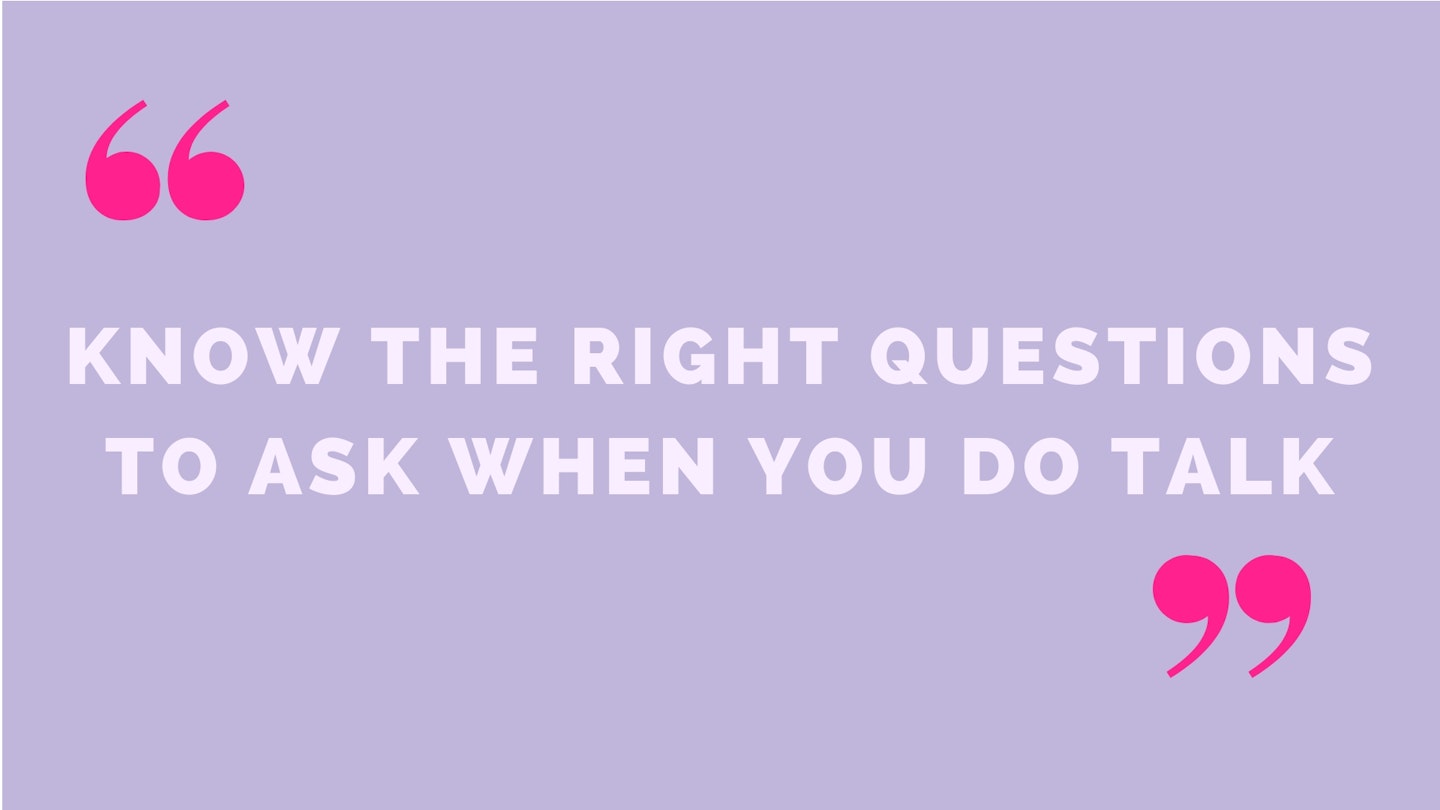 2 of 8
2 of 82) Don’t give advice, just listen
Whether you’re a friend who is not a mother or you have in fact experienced postnatal depression too, it is important to remember everyone’s struggle is different and sometimes the most important thing to do is just listen.
Dulcie Collins said: “I found other mum friends, whilst they could relate, would ultimately share their experience and I felt that my fear was secondary to theirs.
"Mothers are swamped with advice that begins “have you tried…”, and to a mother who is struggling, it can feel like judgement and a feeling of hopelessness if she has "tried and failed.”
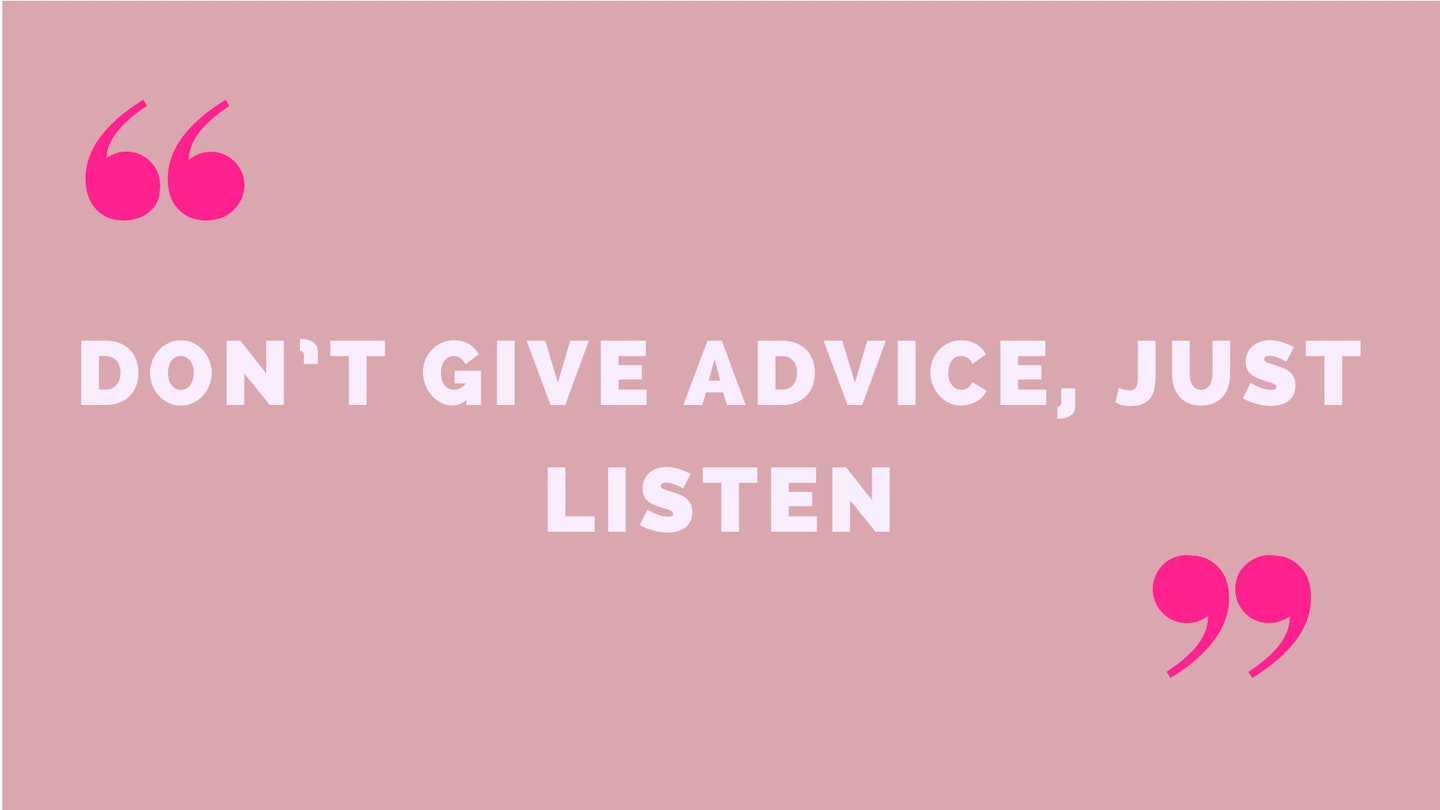 3 of 8
3 of 83) Know the right questions to ask when you do talk
It can be easy to ask your friend: "are you okay?" and for them to just bypass their issues by saying they’re fine.
Of course, every mother is different with how open they wish to be, but Dulcie says there are ways of raising a concern without using the phrase, 'postnatal depression.'
"Feeling low?", "Does anything else (other than the baby) keep you awake at night?" or, "Are there things you worry about that you might feel silly to say out loud?" All of these are emphasising that there is no judgement.
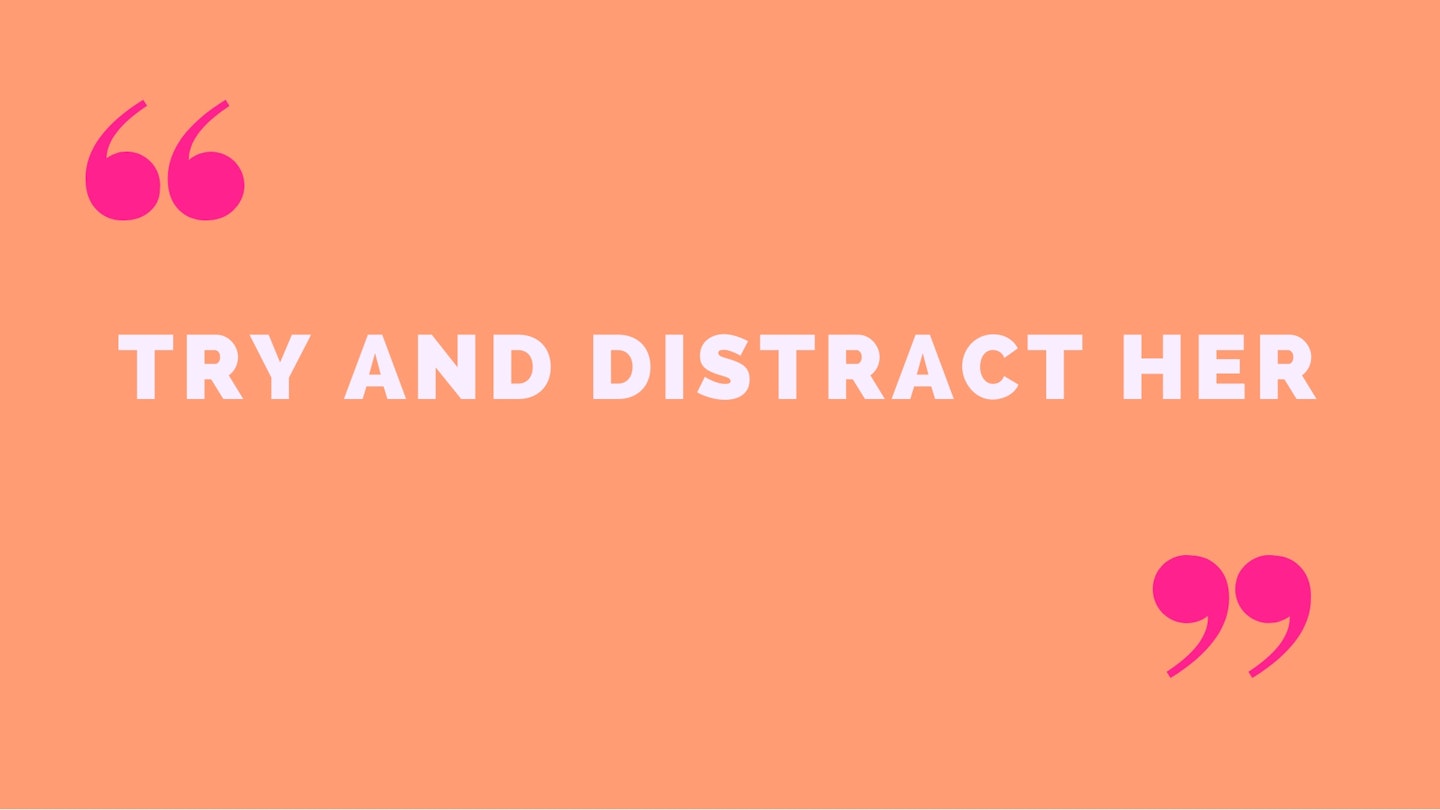 4 of 8
4 of 84) Try and distract her
Whilst it is important that you allow your friend to talk about how she’s feeling, make sure you talk about other things too.
Whether it be telling her a story about your day, recommending a film to watch or just giving her some rubbish celebrity gossip, it will begin to take her mind off it, even if she just quietly laughs along.
 5 of 8
5 of 85) Remind her how amazing she is
You may admire how amazing your friend is dealing with her struggle from afar, but it is key that you remind her of this too.
If she’s made that extra effort to go outside, got herself ready for the day or even taken a picture for Instagram, tell her how great she is and how well she’s doing… without being patronising.
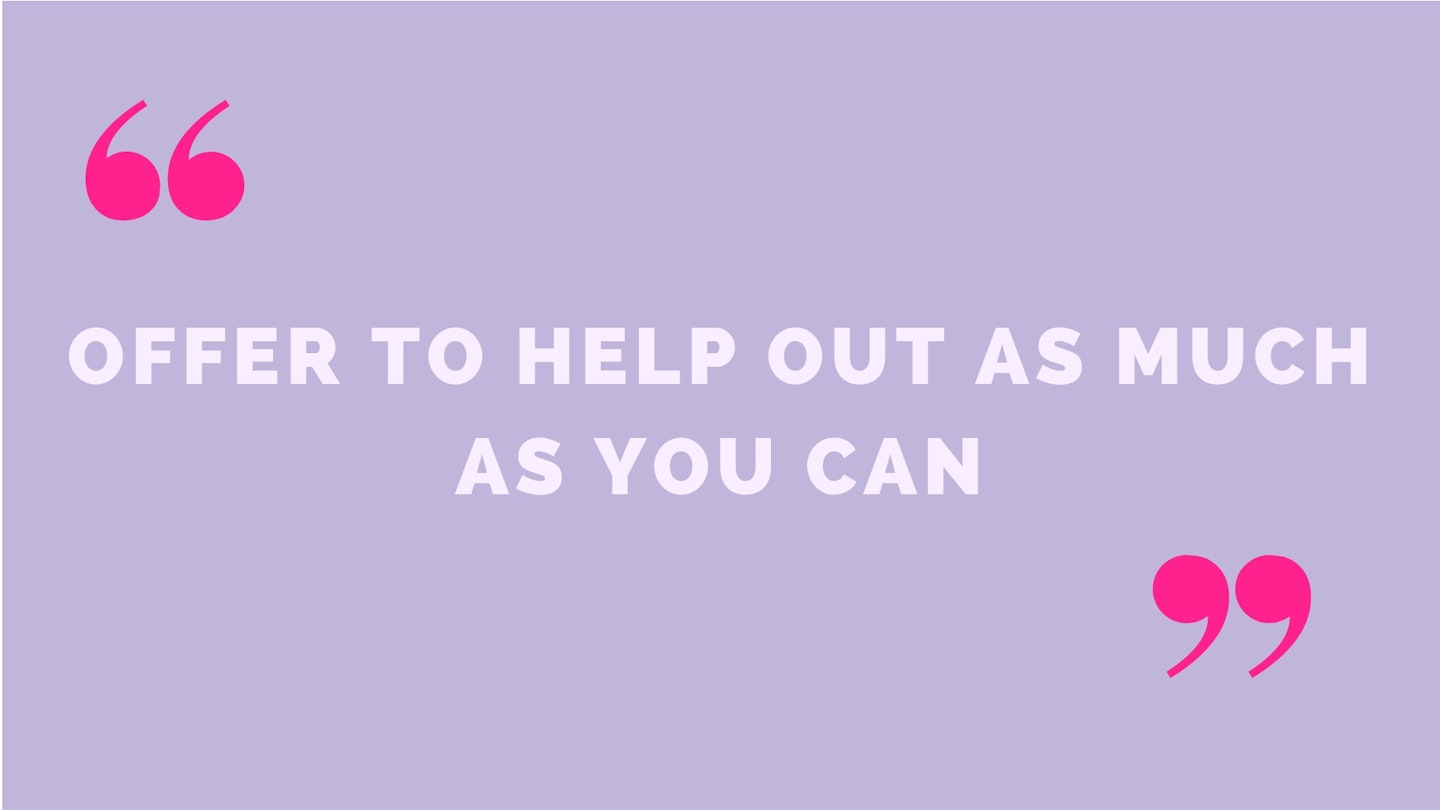 6 of 8
6 of 86) Offer to help out as much as you can
Even if she says no, at least she’ll know you’re there.
Something as small as offering to help her with the weekly shop, going with her to hospital appointments or taking the baby for a walk so she can have a minute to herself will make her feel like she has support and isn’t alone.
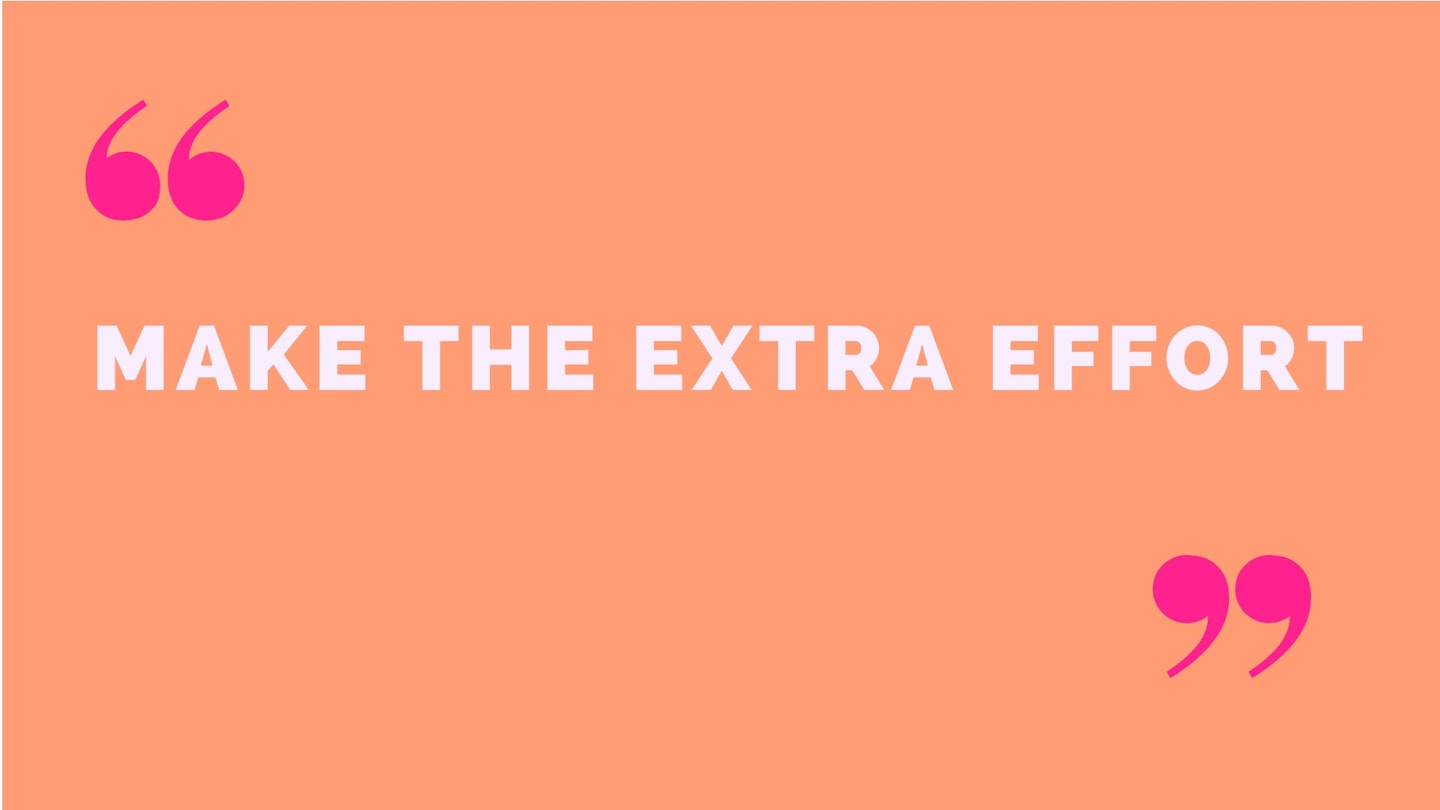 7 of 8
7 of 87) Make the extra effort
It’s not like before she had the baby where she had time to reply to memes and check her texts under her desk whenever she could.
Sometimes you may be on left on read because the baby is crying and she’s too worn out to get back to you, and there might be days she cancels on your coffee plans, again.
Be sure to remind her that you’ll be there when she’s available and remember what she’s going through.
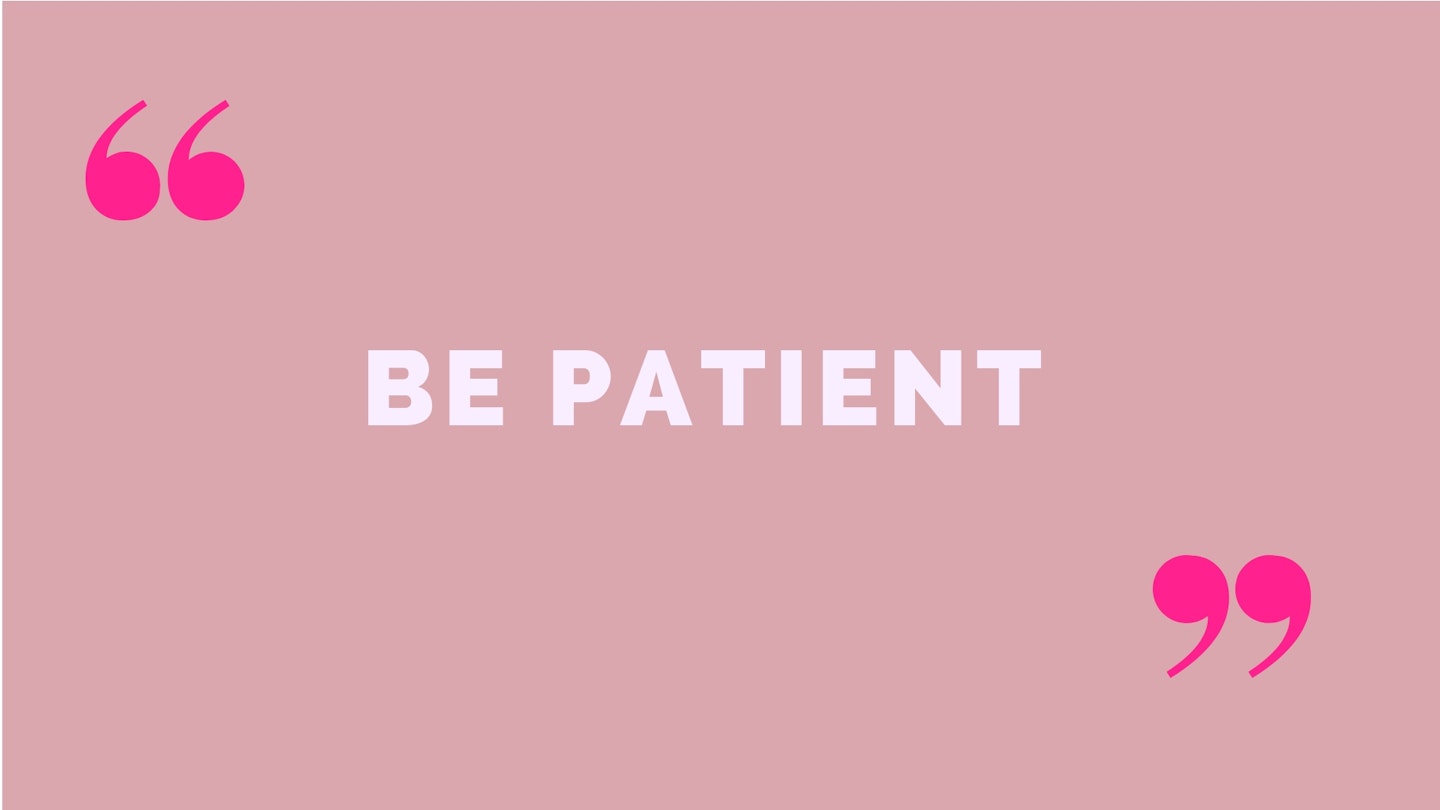 8 of 8
8 of 88) Be patient
Trust me, she wants to feel better as much as you do.
It can be extremely difficult to understand if you’ve never experienced it, and there may be days where you’re fed up because she’s rejected your play date for the fifth time, but that might not be because she doesn’t want to, but because mentally she’s unable to.
Remember how great a friend she is, how amazing it is that she’s learning to deal with it, and don’t give up on her.
Have you got any ways that helped you help a friend with postnatal depression? Let us know on Facebook or Twitter!
Now read:
The signs you may have Postnatal Depression and the treatments that might help
Mums reveal the moment they realised they had postnatal depression
11 celebrity mums who’ve opened up about their postnatal depression
